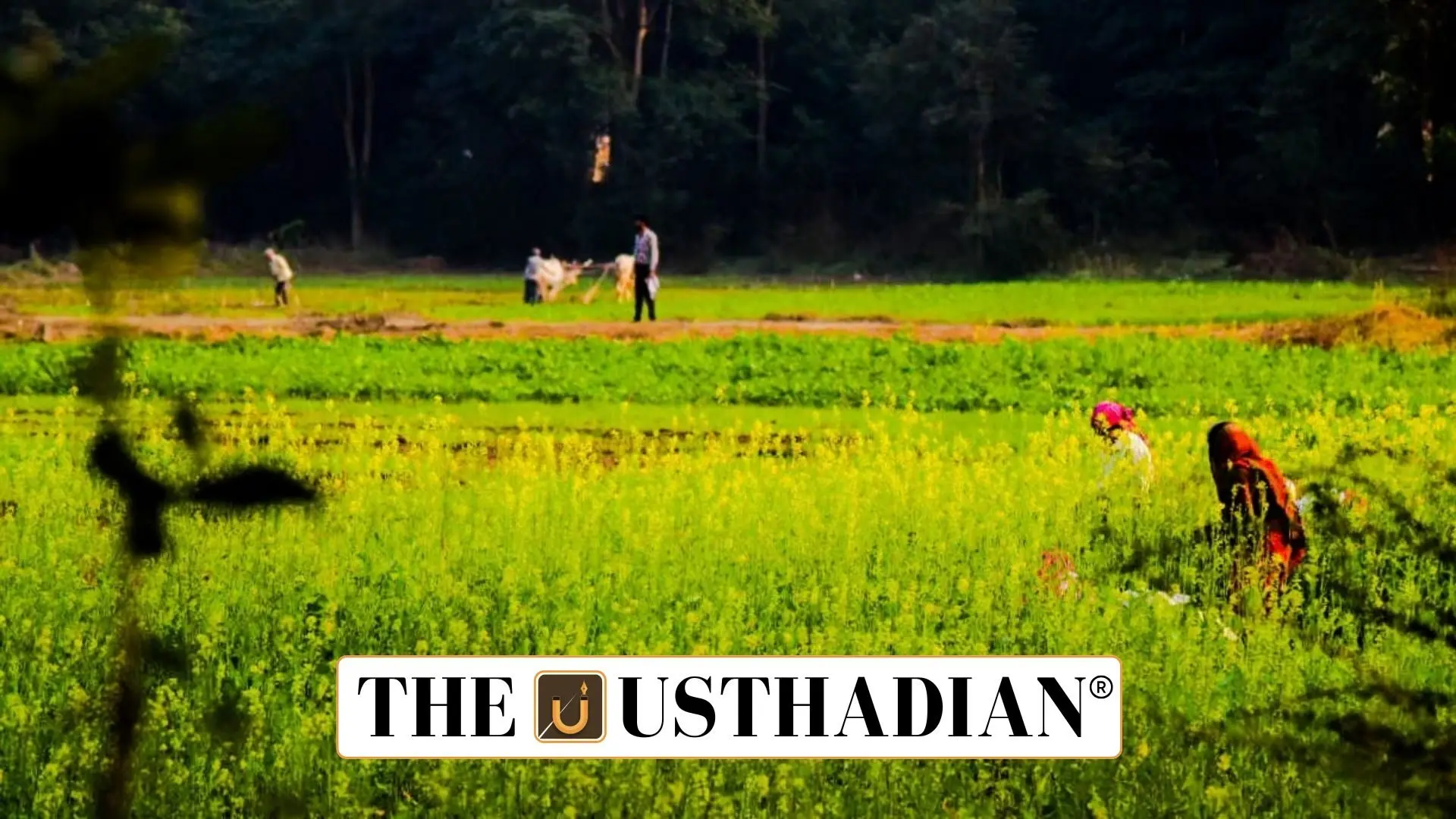Tamil Nadu Submits SAPCC for Central Review
Tamil Nadu Advances Climate Governance with State Action Plan: Tamil Nadu has officially presented its State Action Plan on Climate Change (SAPCC) to the Union Ministry of Environment, Forest and Climate Change for evaluation and approval. The submission follows an internal review by a state-level steering committee, headed by the Chief Secretary of Tamil Nadu. The plan outlines strategies for reducing greenhouse gas emissions and adapting to climate-related risks.
A Climate Pioneer Among Indian States
Tamil Nadu stands out as India’s first state to launch a dedicated climate mission with allocated funding. The SAPCC targets critical areas like agriculture, water management, coastal resilience, forests, and biodiversity, offering a strategic framework to make the state more climate-resilient in the face of rising environmental threats.
Addressing Tamil Nadu’s Water Crisis
One of the plan’s core priorities is sustainable water resource management. Despite representing 4% of India’s land area and 6% of its population, Tamil Nadu has access to just 2.5% of India’s water resources. The state has already tapped into 95% of surface water and 80% of groundwater reserves, while per capita water availability is a mere 900 m³, far below the national average of 2,200 m³—highlighting urgent conservation needs.
Fostering Climate Literacy in Schools
During the Tamil Nadu Climate Summit 3.0, Chief Minister M.K. Stalin announced the formation of Eco Clubs in every school and a forthcoming policy on climate education. These initiatives aim to mainstream climate awareness among students and empower young citizens to become environmentally responsible from an early age.
Heatwaves Declared as State Disaster
Tamil Nadu has formally included heatwaves under its list of state-recognized disasters. As per the official state gazette, families of individuals who succumb to heatstroke will receive compensation of ₹4 lakh. This measure showcases Tamil Nadu’s proactive stance on climate-induced disaster response and relief.
Industrial Sustainability and Waste Management
At the summit, CM Stalin also launched several green industrial initiatives, including:
- Green Rating for Industries
- An Online Waste Exchange Bureau
- A localized decarbonisation roadmap for Rajapalayam
These programs are tailored to encourage environmentally responsible industrial growth, better waste tracking, and reduced carbon emissions.
Static GK Snapshot
| Topic | Details |
| SAPCC Approved By | Steering committee led by TN Chief Secretary |
| Submitted To | Ministry of Environment, Forest and Climate Change (MoEFCC) |
| TN’s Water Share | 2.5% of India’s total water resources |
| Per Capita Water Availability | 900 m³ (India average: 2,200 m³) |
| Education Initiative | Eco Clubs in all schools + Climate Education Policy |
| Heatwave Policy | Declared a state disaster; ₹4 lakh compensation per casualty |
| Industrial Climate Measures | Green Rating, Waste Exchange Bureau, Rajapalayam Decarbonisation |
| First Ramsar Site in Tamil Nadu | Point Calimere Wildlife and Bird Sanctuary (2002) |








